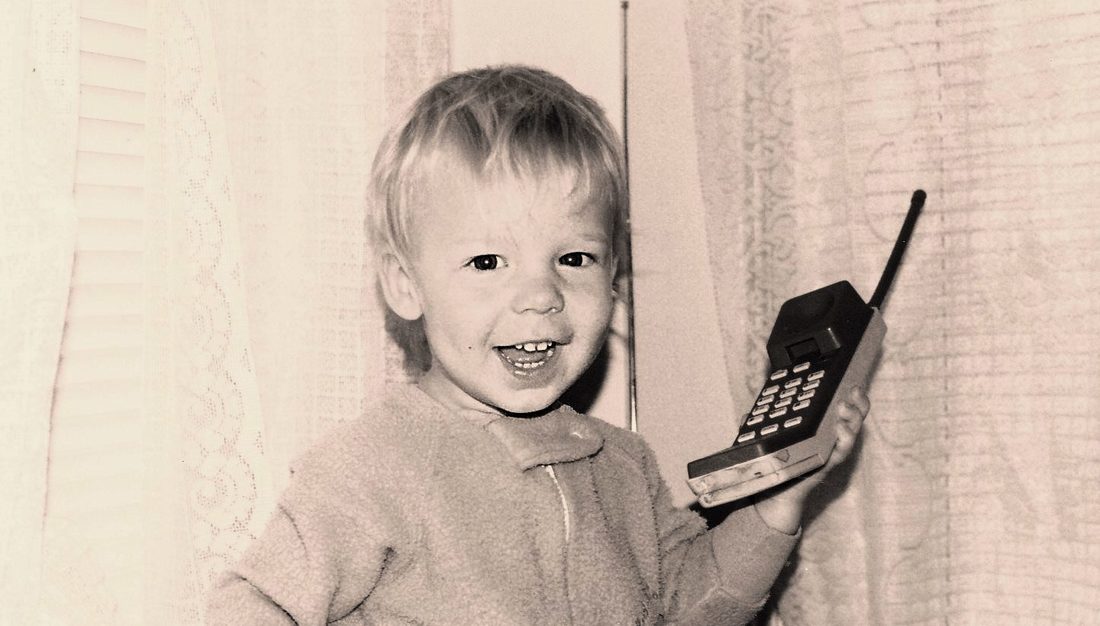|
Roger Sutton (Hornbook editor and all-around curmudgeonly kidlit pundit) has stated words to the effect that one of the issues he frequently sees with manuscripts from aspiring writers is adults thinking children’s literature is a vehicle for telling kids how they should behave. I have to agree. You often see the above in the guise of the wise adult character sagely giving advice to the teen protagonist, or—if the teen won’t listen to the wise adult—as a cautionary tale. (Quick survey: Did you ever read a so-called cautionary tale as a teenager and think, “Wow, I’d better never do that!”…? Me neither. For most kids, those things are double-dog dares.) This mindset also implies that the adult is somehow automatically more intelligent than the kid. In my experience, this is unlikely. Because kids are smart. And sometimes, those same aspiring writers (if they happen to be among your friends or in your critter group) may offer critiques of your MG or YA project based on what they think kids “need to hear.” Which may be the worst reason ever to write a book. Because the only kids you really have license to tell what to do are your own kids. (And even then, that stuff can totally backfire on you. Trust me.) Because none of us have been tapped on the shoulder by the universe with a clear message along the lines of: “Go forth and tell kids they should practice chastity, clean their room, and not do drugs…” Nope… your readers will smell that bullshit a mile away and run for the hills. And then they’ll cease to be your readers. Because kids are smart. Because telling someone to do something—and I include myself in the definition of “someone”—is the least best way of motivating them to do it. Because fundamentally, all that kids really need in their literature are truth and hope. The truth is there are as many different types of kids as there are kids. The truth is we are all individuals. The truth is there is no single “right” way. The truth is that fitting into the norm is not—nor should it ever be—the overriding goal of growing up. There are other truths about life—hard truths—which you may or may not decide to include in your work, depending on the age and experience of the intended reader. That’s up to you. But even if your work does contain some seriously dark, hard truths, kids still need the small hope that if they’re true to themselves and what they believe in, there’s at least the possibility… the potential… that things might work out eventually. So give them the truth, sure. At least, some of it. And give them at least a glimmer of hope. And it’s fine to challenge them to think about difficult issues. But don’t tell them what to think about them. That’s the easy way out. And it never works. Because kids are smart.
0 Comments
Leave a Reply. |
The Craft and Business of
|

 RSS Feed
RSS Feed